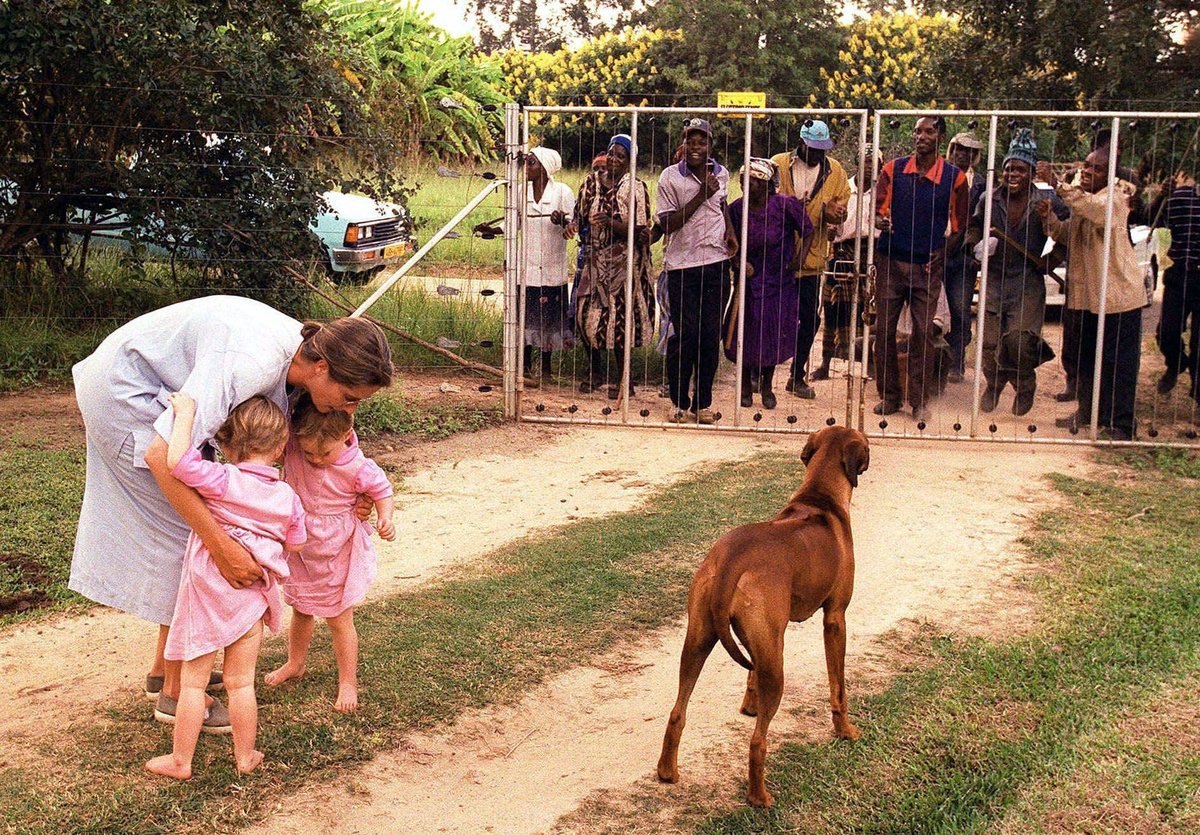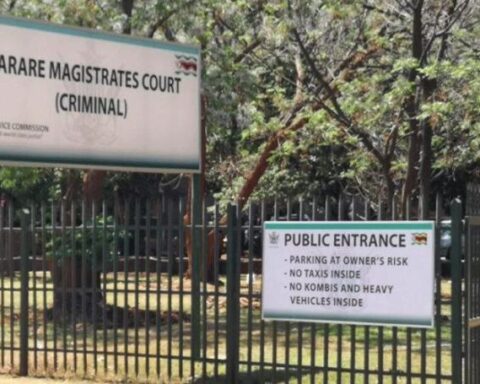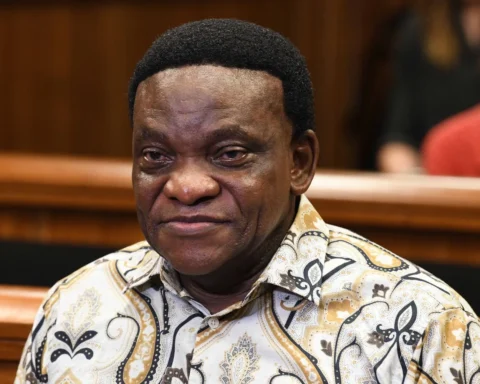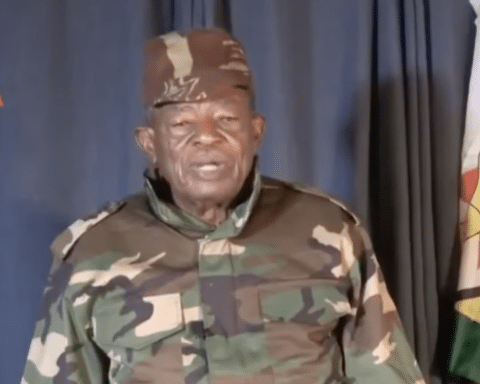A white Figtree farmer in Zimbabwe, who lost his farm to one of President Emmerson Mnangagwa’s aides, has accused the president of being insincere in his land reform programme, according to a report.
David Connolly’s farm was given to Mnangagwa’s top aide Ray Ndhlukula, after a Supreme Court ruling, Daily News has reported.
The court ruled that the farm was state land, which had been gazetted under the government’s land reform programme.
The farm was gazetted on January 31, 2003 under General Notice 37 of 2003, and was acquired by the state in 2005 by virtue of the Constitutional Amendment No 17 of 2005.
But Connolly, who lived on the farm for 50 years, said the president should have stepped in to save it. He said he believes he was not protected because of his skin colour.
Connolly added that the court decision was a sign that Mnangagwa’s government was still not willing to engage with the international community and white farmers.
“Basically, I was surprised with the judgment. It’s quite shocking how the government has treated me on this matter. I know it’s because I have a white skin, hence I am being denied my rights, which I deserve like any other Zimbabwean citizen. We have a Constitutional Court; I think we have to challenge the constitution there,” Connolly was quoted as saying.
Just a few months before, Mnangagwa had assisted white Zimbabwean farmer Robert Smart to get back his Lesbury farm – about 200km east of the capital, Harare.
Smart had been evicted by gun-wielding police and a mob associated with the ruling Zanu-PF party in June 2017.
However, he returned to a hero’s welcome in December after government facilitation reunited him with his farm. The president’s adviser Chris Mutsvangwa, said that he had been a victim of racial discrimination, greed and abuse of power.
This was after former president Robert Mugabe resigned after the military and the ruling party turned against him amid fears that his wife had been positioning herself to take over.
The development was a sign that Mnangagwa had been charting a path away from his predecessor on an issue that had hastened the country’s international isolation.
Mnangagwa promised to undo some land reforms as he sought to revive the once-prosperous economy.
Zanu-PF party supporters, led by veterans of the 1970s war against white minority rule, evicted many of Zimbabwe’s white farmers under an often violent land reform programme, led by Mugabe in 2000.
White people make up less than 1% of the southern African country’s population, but they own huge tracts of land, while black citizens remain in largely unproductive areas.
The evictions were meant to address colonial land ownership imbalances skewed against blacks, Mugabe said.
Some in the international community, responded with outrage and sanctions.
Of the roughly 4 500 white farmers that existed before land reform began, only a few hundred are left.








